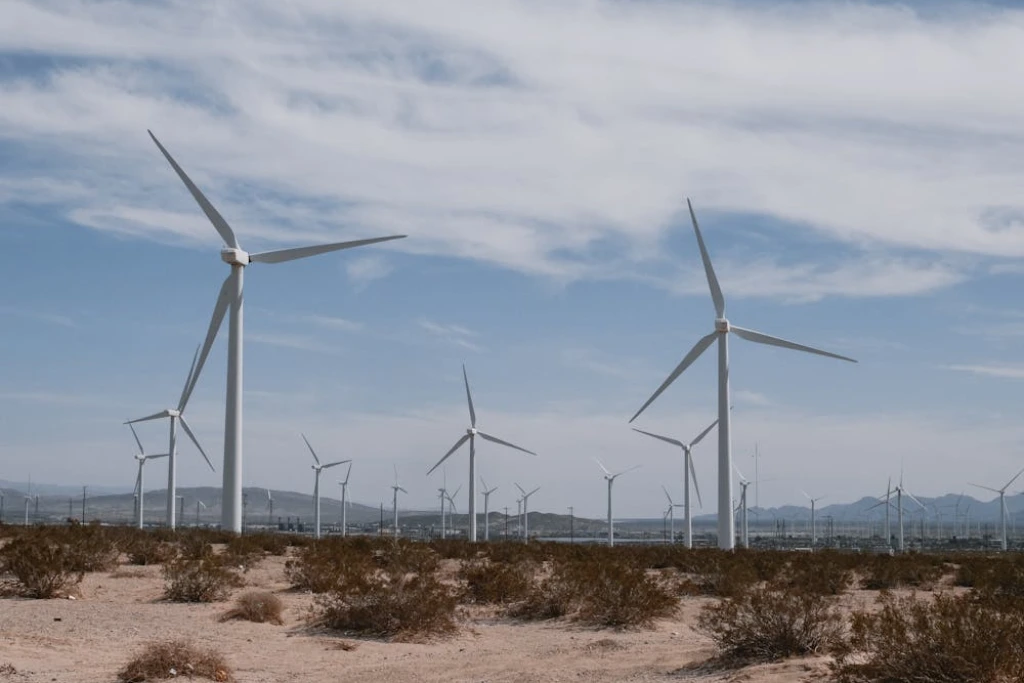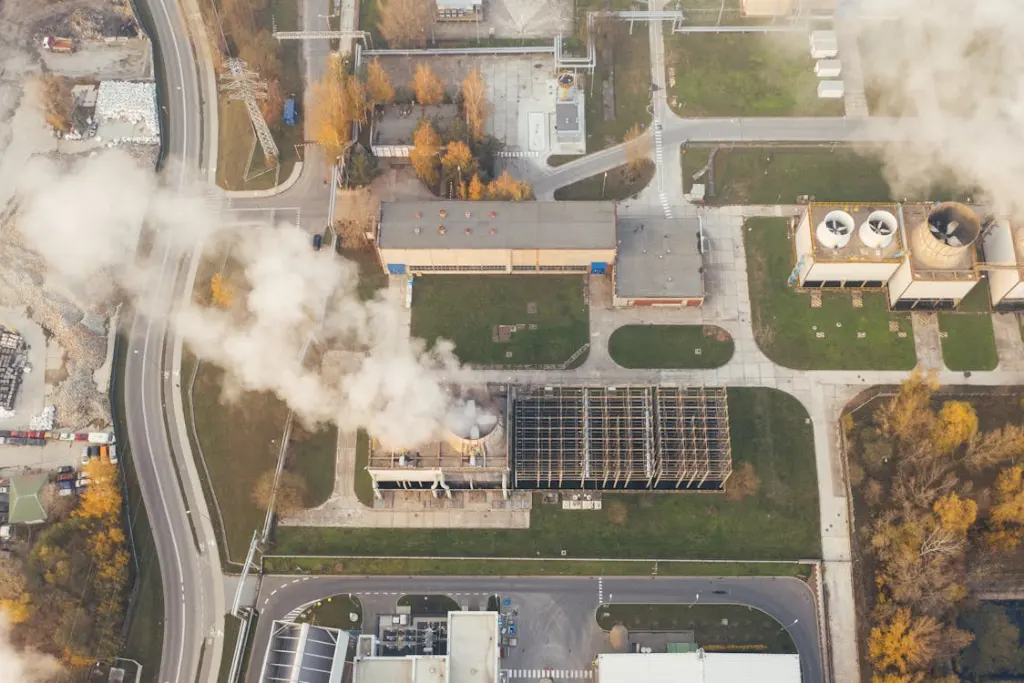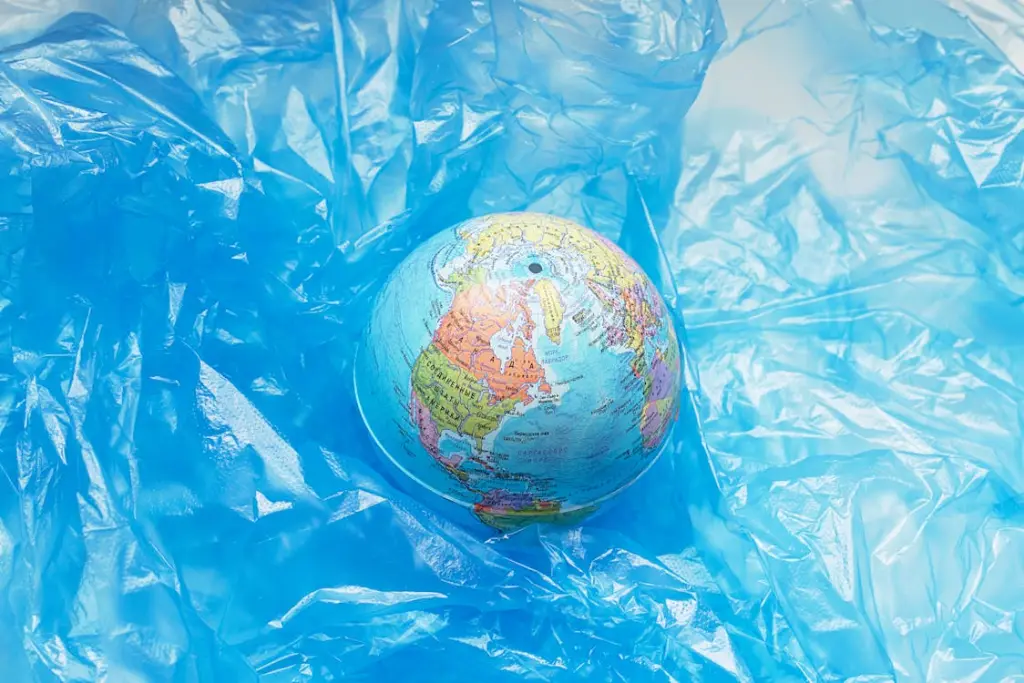Consider 2075.”The Climate Crisis of the 21st Century” is the chapter that a child starts in a computerized history book.What are they going to read about usWill they discover that we paused while the Earth warmed, or that we banded together to save the planet?
The planet that future generations will inherit is being shaped by our activities today.And a key component of our legacy will be how we handle climate change. Depending on the course we take, these are what future generations may say about us.
They Anticipated It
The science was indisputable by the 2020s.Climate scientists, environmental groups, and even governments throughout the world had issued countless warnings.Melting ice caps, rising seas, harsh weather, food shortages, and mass displacement are all consequences of rising temperatures, according to reports from the Intergovernmental Panel on Climate Change (IPCC).
Future generations may wonder why more was not done sooner and be amazed at how much we already know.
They Held Off Too Long
Our delay can be the source of one of the most critical criticisms.Many leaders were hesitant to take significant action in spite of the science. Meaningful policy improvements were hindered by political polarization, fossil fuel interests, and short-term thinking. Although we possessed the resources—wind, solar, and electric cars, as well as carbon capture technologies—we expanded them too slowly.
Future generations may be shocked by our inaction if temperatures rise by more than 1.5°C or 2°C.
They Put Profit Before The Environment
The way that commercial concerns frequently took precedence over environmental responsibilities is a recurring theme in the climate narrative.While supporting disinformation efforts, oil and gas companies made money.Despite its negative effects on carbon emissions and water, fast fashion flourished. Businesses put quarterly profits ahead of long-term viability.
Future generations could question why we let the market to determine the planet’s destiny.
A Few Retaliated
Not all tales, however, will be depressing.Numerous people, groups, scientists, young activists, and Indigenous leaders are devoted to preserving the planet. They will be known as the individuals who took a stand when it was most important.
Schools may use figures like Greta Thunberg and campaigns like Fridays for Future to illustrate important moments in environmental history. These voices have the potential to represent resistance and optimism.
They Sowed The Seeds Of Transformation
If we act boldly now—cutting emissions, protecting ecosystems, shifting to renewable energy, and investing in climate resilience—future generations might thank us. They might say:
They made things better. Right on schedule.
They will read about how ordinary people made extraordinary changes, how policies prioritized sustainability, and how cities went green. We may be regarded as the generation that finally got it right, from rewilding landscapes to rethinking transportation.
At Last, They Joined Forces
Global solutions are needed for the global issue of climate change.Future generations might be motivated if nations come together to confront this challenge, despite differences in ideology, economics, and national boundaries.
They might say:
Humanity chose cooperation over division at the most dangerous time.
And how they respond to their own difficulties may be influenced by that lesson.
Conclusion: Creating Our Own Legacy
With each choice we make, we are writing the future, even though it has not been written yet.We are at a turning point in history, and the effects of our choices will be felt for generations to come. What will our kids and grandkids think of us?
Let we offer them a justification for saying:
They recognized the threat. They stepped up to the plate. And we still have a healthy world to call home thanks of them.




